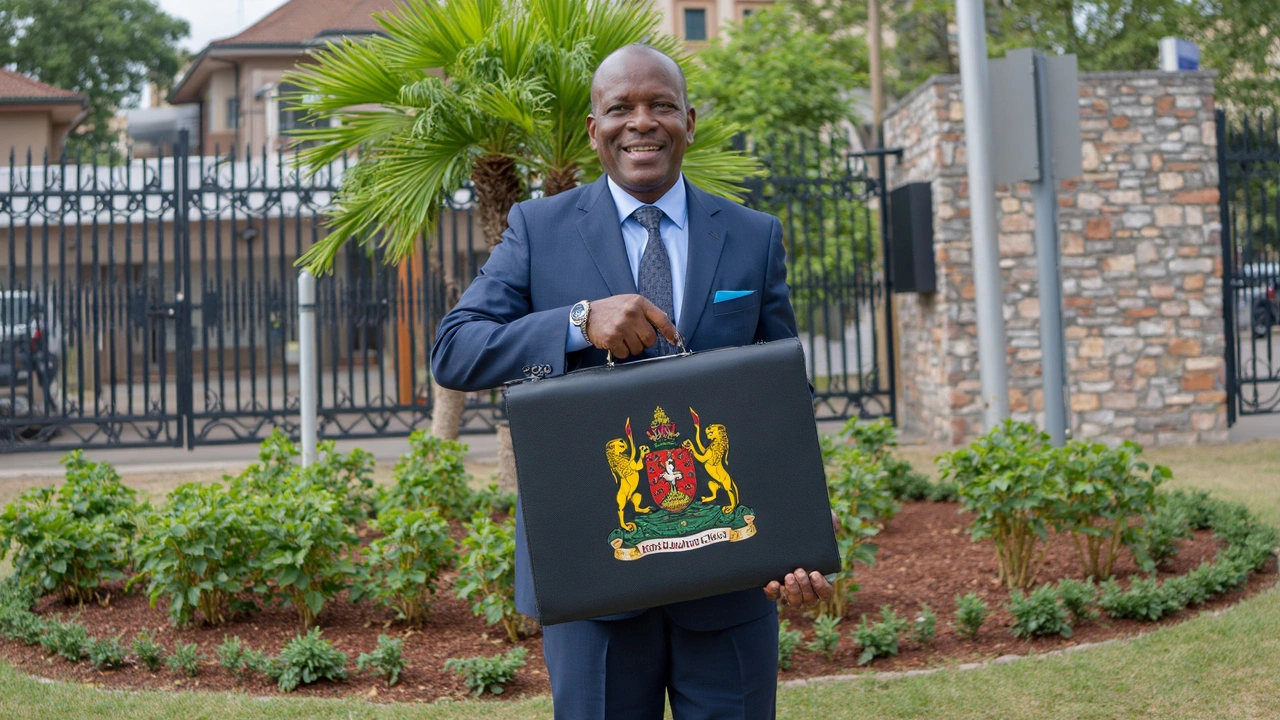Digital Asset Tax: What You Need to Know
If you own crypto, NFTs, or any digital token, you’re probably hearing the word “tax” more often. Governments across Africa are updating their tax codes to capture revenue from these new assets. This guide breaks down the basics, shows why the rules matter, and gives you easy steps to stay on the right side of the law.
Why Governments Are Targeting Crypto
Tax authorities see digital assets as a fast‑growing source of income that often flies under the radar. In South Africa, the SARS department now treats crypto gains like any other capital gain. Kenya’s Revenue Authority has issued a notice that crypto traders must report earnings. Nigeria’s Federal Inland Revenue Service is also tightening rules after the boom in Bitcoin trading. The main goal is simple: make sure everyone pays their fair share.
How the Tax Is Calculated
Most African countries use the same principle as stock markets. You pay tax on the profit you make – the difference between what you bought and what you sold. If you held the asset for over a year, some places may give you a lower rate. Losses can be used to offset gains, but you must keep proper records. The rates vary: South Africa uses a 18% capital gains tax, while Kenya applies a 30% income tax on crypto earnings.
For everyday users, the biggest challenge is tracking every trade. Every buy, sell, swap, or even a gift counts. Platforms like Luno or Binance often provide transaction histories, but you still need to pull the data into one spreadsheet or tax software.
Practical Steps to Stay Compliant
1. Record Everything – note the date, amount, price in local currency, and transaction type. A simple Excel sheet works if you don’t have many trades.
2. Convert to Local Currency – tax authorities require values in your country’s currency. Use the spot price on the day of each transaction.
3. Separate Personal and Business Trades – if you run a crypto‑related business, treat it like any other company income.
4. Use Tax Software – tools like CoinTracker or Koinly can import data from exchanges and calculate gains automatically. Many have versions that support African tax rules.
5. Consult a Professional – a tax advisor familiar with digital assets can help you avoid mistakes and take advantage of any deductions.
Common Mistakes to Avoid
People often assume that because crypto is decentralized, it’s tax‑free. That’s not true. Ignoring small gains can add up quickly and lead to penalties. Another slip is forgetting to report income from staking or DeFi rewards – these are treated like interest and taxed as ordinary income.
Lastly, don’t mix personal wallets with exchange accounts without clear documentation. If the tax office asks for proof, you’ll need a clean trail.
Staying on top of digital asset tax doesn’t have to be a nightmare. Keep good records, use the right tools, and reach out for help when you’re unsure. By following these steps, you can enjoy the benefits of crypto while keeping your tax worries in check.
Finance Bill 2025: Major Tax Reforms Set to Reshape Kenya’s Business and Digital Landscape
Kenya's Finance Bill 2025 proposes extensive tax changes: corporate loss limitations, reduced digital asset taxation, more VAT exemptions, and incentives for start-ups. The measures aim to boost compliance and align with global standards, affecting both businesses and individuals from July 2025.
View More





